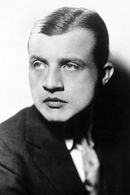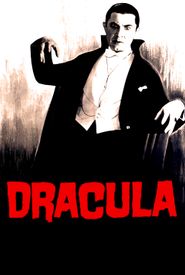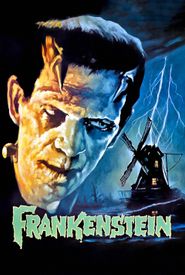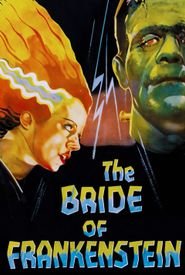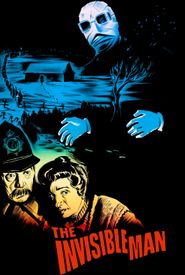Dwight Frye, a multifaceted character actor, made a lasting impact in the horror film genre, originating iconic roles in the 1930s. Prior to his film career, Frye had a notable theatrical career in the 1920s, transitioning from juvenile parts to leading roles.
Frye's Broadway credits included the 1922 production of Luigi Pirandello's "Six Characters in Search of an Author," where he originated the role of "the Son." He continued to work with producer-director Brock Pemberton, appearing in various Broadway productions throughout the decade. Frye also co-starred with Bela Lugosi in a 1926 production of "The Devil and the Cheese," and would later appear in at least two Lugosi films.
Despite his memorable performances in Tod Browning's Dracula (1931) and James Whale's Frankenstein (1931),Frye's film career was marked by frustration due to typecasting. He was often relegated to playing lunatic roles, and his parts were frequently cut. Frye's versatility, which was recognized in the theatre, went unnoticed in Hollywood.
In addition to his film career, Frye occasionally returned to the stage, appearing in comedies, musicals, and thrillers such as "Night Must Fall" and a stage version of "Dracula." He was a devout Christian Scientist and kept his heart condition a secret from his friends and family.
After the outbreak of World War II, Frye worked as a draftsman for the Lockheed Aircraft Co. and appeared in local theatre productions. His uncanny resemblance to then-Secretary of War Newton Baker led to a substantial role in Wilson (1944),directed by Henry King. However, Frye suffered a heart attack on a crowded bus just days after being cast and passed away. He was buried at Forest Lawn Cemetery in Glendale, California.
